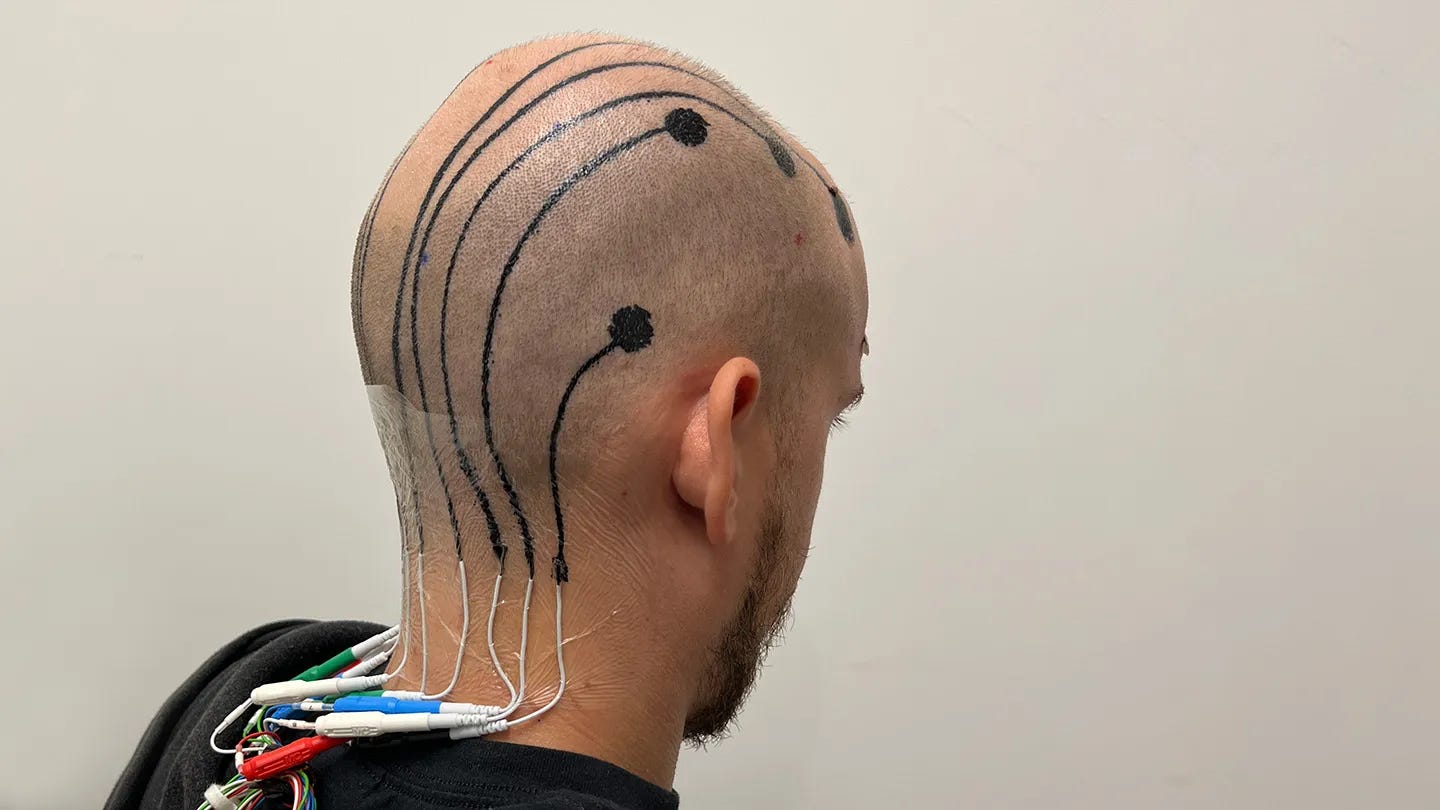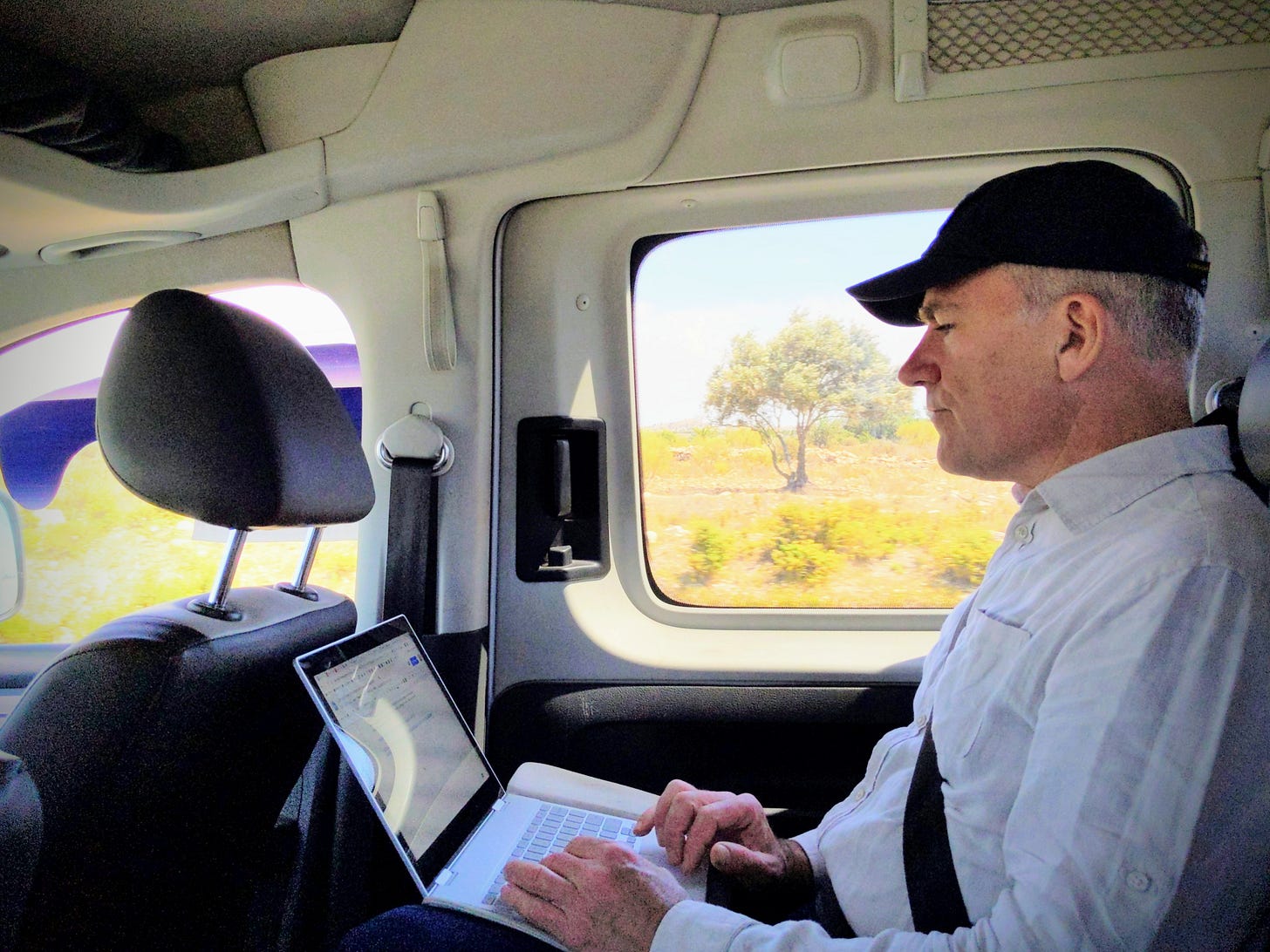How AI fact-checking spreads disinformation
Hold on to your bots. AI chatbots like ChatGPT can convince you to believe and share fake news.

A new study by researchers at Indiana University found that AI fact-checking can amplify belief in disinformation.
They gave people in the study news headlines, half of them real, half fake.
Some participants were asked if they believed the headlines, and others were asked if they would share them on social media.
These headlines were accompanied by fact-checking comments, some by humans and some by AI.
ChatGPT (version 3.5, not the new one) was pretty good at spotting false headlines (90%) and sucked at identifying true headlines (15%).
People who saw human fact-checks were better at figuring out which headlines were true or false.
Participants were often more likely to believe and share fake news when fact-checked by AI.
Another weird result: People were more likely to share both true and false stories when fact-checked by AI for some reason.
And the most discouraging finding was that AI fact-checking generally increased trust in fake news and decreased trust in real news.
What to do?
Here’s my advice:
Use the latest version of your AI chatbot, even if you have to pay for it.
Never rely exclusively on AI for fact-checking claims.
Use Google’s NotebookLM when possible for fact-checking. (When the news is based on science, you can upload papers published by the scientists themselves, then copy the claim you’re checking, paste it into NotebookLM, and ask: Is this claim true or false.” NotebookLM is very good at this.
Always be hesitant to accept claims, even when they appear true, and especially when they appear to confirm your existing beliefs or inclinations. It’s OK to not be sure.
If you do share a claim, say it’s a claim, not a fact, and say who’s claiming it.
Learn and experiment with prompt engineering to improve results. For example, telling a chatbot to be truthful or factual can help.
Emergent Technologies
Researchers have developed spray-on brain-monitoring tattoos, replacing invasive EEG electrodes | Hong Kong researchers created a digital lollipop that can simulate flavors with electrical and thermal stimulation of the tongue, potentially bringing flavors to VR | Scientists invented glow-in-the-dark wood in a Swiss lab with a biohybrid of hardwood and a bioluminescent fungus | Drone warfare is hampered by GPS jamming, so Australian researchers have invented drones that navigate by the stars | New research found that parents think teens are using AI chatbots for information, but many teens are using AI chatbots for emotional support, therapeutic purposes, or sexual interactions | Chinese scientists have developed a cat robot for the moon | Scientists have used new techniques for fusing brain tissue with electronics, then using that fusion as a biohybrid brain-mouse interface
More From Mike
Why 2025 will be a bad year for remote work
The work-from-home movement is under threat despite measurable benefits. Here's what's coming.
Plus:
AI agents are unlike any technology ever
AI is dumber than you think
What if robots learned the same way genAI chatbots do?
Agentic AI swarms are headed your way
Who needs a humanoid robot when everything is already robotic?
Where’s Mike? Oaxaca, Mexico!
(Why I’m always traveling.)







Not AI related but if you haven't already you might enjoy Roy Casagranda's presentations on a Youtube channel known as 'The Austin School'. Can't remember if he mentioned or lectured on the ancient Zapotec Empire but has some videos on pre-Columbian civilizations plus any other civilizations around the world. Very interesting stuff, IMO. Roy is an educator, historian, and PolySci dude.
This whole WFH debate will probably morph into an economic cold war where the WFH'ers all become contractors with completely different benefit packages divorced from previous rank-and-file attendees' packages. Benefits like, 'not much'. Probably benefit packages will resemble apartment leases with security deposits, including magical HOA-style fees.
As the public becomes aware of how AI marketing is working in their worlds, as in hey! everything is a robot! Maybe then some consumption choices will change in the future. As always businesses will find the lowest common denominator goods and services and push that crap out the door. Hence a more viral DIY generation coming.